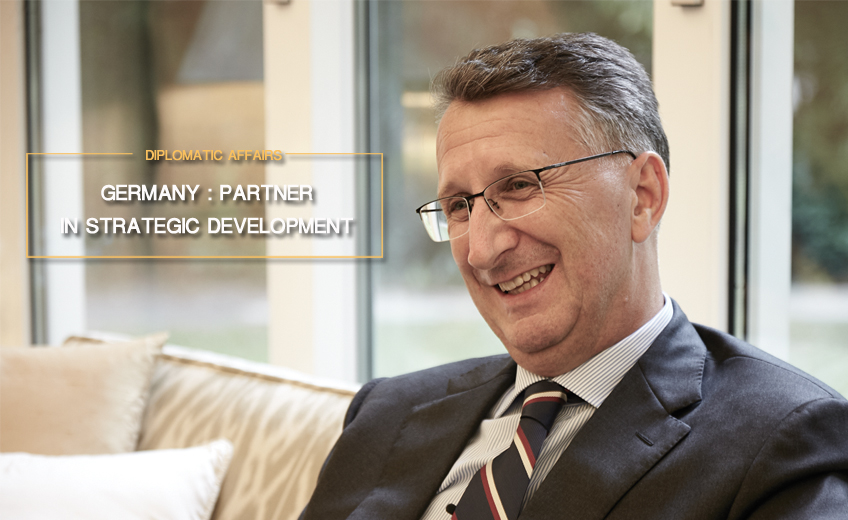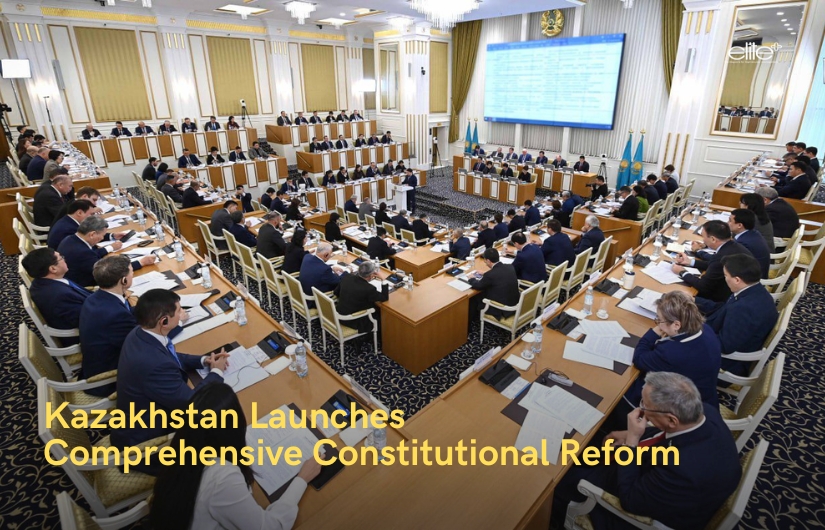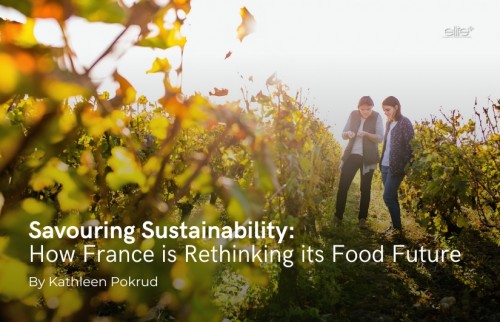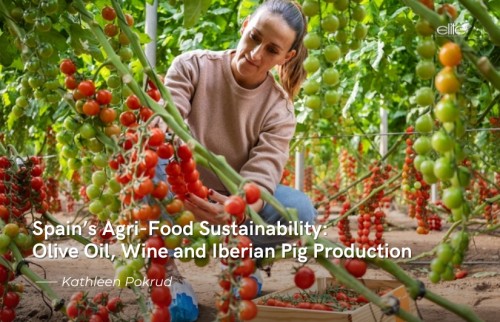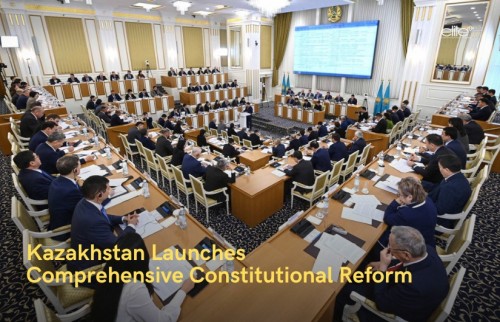The relationship between Germany and Thailand is a long-standing one. King Rama V understood that in order to protect Siam from the colonial powers, the nation would have to modernize. He visited many countries in Europe, including Germany, and sent his sons to study at European universities in order to build and maintain a good relationship with the region.
In 1862, the Hanseatic cities of Hamburg, Lübeck and Bremen signed a treaty of friendship, trade and shipping with the Kingdom of Siam. For 155 years, German experts have helped develop Thailand in many areas, especially infrastructure and the railway network. Germany has been an essential trading and cooperation partner for machinery, medical technology, automobiles and a huge variety of other products. Today there are more than 600 German companies in Thailand. The German Embassy recently organised a conference to share know-how and experience regarding the Industry 4.0 policy, a strategic initiative integral to German economic development, as the Kingdom works on its strategy for Thailand 4.0.

Elite+ sat down with HE Peter Prügel, German ambassador to Thailand and previously Regional Director for Asia and the Pacific at the Federal German Foreign Office, to discuss economic and cultural relations and innovation. The German government supports Thailand’s efforts to develop a digital economy as it gears towards Thailand 4.0.
- What are three important German products or industrie in Thailand?
The most popular or well-known German products are certainly German cars. Germany is known for its high-end car brands. According to the statistics, however, industrial machinery, chemical products and car parts are the three most important imported items, as well as electronic products. Machinery goes into the industrial process, so it’s less known to the public, but this obviously is what Germany stands for – for industrial products and their quality, reliability and innovation.
Many Thai or German industrial companies use German machinery. I just visited a Thai meat production company whose whole production process including all machinery is German. If you go to newspapers and magazines like yours, you see that many of their printing machines are German. And large parts of other industrial sectors have machinery that comes from Germany too.
But the trade figures between our two countries do not actually reflect all economic cooperation because there is also the aspect of German direct investment. We have more than 600 German companies active here in Thailand. Some have been here for quite some time. Car manufacturers like BMW and Mercedes are just one example of a sector with a strong production base in Thailand.
- In Europe, is Germany the best in terms of industrial products?
I would never say the best. There are others who are very good as well. Within industrial products, there is of course specialization. One is better in this and another is better at that. But I think “made in Germany” stands for quality and reliability, and that's what is required especially when it comes to industrial machinery. But of course you also find German brands in many households as well as in the energy and many other sectors.
- What Thai products are popular in Germany?
The most popular Thai product is probably the Thai cuisine. It is well known in Germany, as is the country itself for tourism. But we also have bilateral commercial exchanges of about 10 billion Euros per year, some 380 billion Thai baht. With about 4.5 billion Euros of Thai imports from Germany and roughly 5.4 billion Euros exports from Thailand to Germany the trade balance is even in favour of Thailand. IT products, gemstones and rubber products are the main items.
Investment is a two-way street too. There are important Thai investments in Germany such as the acquisitions of the Central Group, who three years ago bought major upscale retail stores in Berlin, Munich and Hamburg and thus contributes to upgrading the retail sector in Germany. We have others who invest in the German food industry, in canned seafood, for example, where Thai companies have recently bought major German producers. There are also Thai companies active in running hotels and clinics in Germany.

- You recently held a conference on “Industrie 4.0 in Thailand 4.0”. What was the objective?
Thai and German economic relations are very old. The first German companies came to Thailand in the mid-19th century. Some major Thai Companies like B. Grimm have a German origin. They came as a pharmacist duo to Thailand and developed to what they are today. While German companies are well established here in the industrial sector, in chemical products, car manufacturing, and all that I mentioned, it is very important that the cooperation remains dynamic. So we need to look to future challenges and see how the different sectors can link with regard to renewable energy, climate change and all kind of new and sustainable technologies.
Germany started with the Industrie 4.0 movement more than 10 years ago and it is being implemented quite successfully. The term “Industrie 4.0” itself was created in Germany. Thailand is interested in partnering with us to see how to move towards the next level of industrial organization. That’s why this conference was set up. We tried to do it very concretely, so not just having a panel where people talk and go home and that’s it. We have had experts from Germany. We had a fantastic response from the Thai Industry, from Minister Uttama Savanayana and his ministry and from the Ministry of Science and Technology. We had very good round table discussions and have come out with quite a few good ideas for the development of Industry 4.0, or Thailand 4.0. This needs to be done in detail and sector by sector, because there is no one rule or application that fits all. You need to see what is required for agriculture or the industrial sector, retail, energy or health separately. This needs to be tailor-made.
The Thai ministry declared it would like to establish a platform for Industry 4.0 following the ideas of what we did in Germany, bringing the stakeholders together. So all those needed for shaping development sit together at one table and have knowledge of what they need to do and into which direction they are going, because you need to avoid misunderstandings. In Germany we have for example integrated labour unions into the platform. From the very beginning they have been part of the discussion and know what it actually means for the work process and workforce. It’s important to have all stakeholders including worker representatives in the discussion about where industrial production is going.
- It seems Germany is 10 years ahead of us. What are some lessons learned that you can help Thailand with?
There are always lessons learned. However, I think it’s difficult to say 10 years ahead. One of the main speakers at the conference said it’s not a revolution; it’s a process, a very long process, an evolution. And probably none of us who engage in the development of Industry 4.0 knows how far this will go and what will be at the end, because the development is going so fast. No German company has said we have accomplished it or we are in 4.0. We are on a good way but this is an ongoing and permanent evolution. It will take time for us as well, and Thailand will need to find its own pace for every sector.
- Where are we right now – Industry 1.0?
You cannot really think like this. There are some sectors in Thailand that are very advanced. At the meat production factory that HRH Princess Maha Chakri Sirindhorn inaugurated the other day, we had a tour and saw a completely automated system with thousands of cases of meat about which a fully computerised system knows and manages all the specificities. It is more advanced than many factories in Germany. So in some sectors Thailand might be on the way to 4.0. In other sectors like agriculture it might be in 1.5 or 2.0 or 2.5. This is difficult to say. In Southeast Asia, we are however looking in particular to Thailand as a partner because in industrial development and infrastructure it is in a leading position.
- What are some of the challenges Thailand faces and how can we overcome them?
Thailand is generally considered an upper-middle income country, and the government has declared its objective to become a developed country by 2030. At the same time Thailand is often referred to as being stuck in the 'middle income trap'. To overcome this, you need to develop the whole country. It’s not sufficient to have a very developed broader Bangkok area and Eastern Seaboard industrial zone or some other cities like Chiang Mai. Thailand needs to develop as a whole, and it needs to have a broader middle class developing. I think Thailand has made a huge step forward and has statistically succeeded in eradicating poverty. But the living conditions of many people are still at a very low level. To overcome the middle income trap a broader middle income base is needed. To build this up, you need the Thai industry climbing up the value chain with more developed production processes for products made in Thailand.
And in order to have more small and medium enterprises developing and producing upscale products in Thailand, you need an adequate skilled workforce. German companies currently investing in Thailand say their main challenge is finding adequate skilled workforce. This is not only skilled engineers but also the so called blue collar workers, the workforce itself, which needs to be adequately skilled. That is why we support Thailand in developing vocational training and education. Thailand is very much interested in the German education system. We have, for example, a close collaboration with the King Mongkut’s University of Technology North Bangkok KMUTNB since almost 60 years. It was founded as the German Thai Technical College. And there is the German-Thai Dual Excellence Education (GTDEE) initiative, where — under the lead of the German-Thai Chamber of Commerce GTCC — German and Thai companies cooperate to provide sound and practice-oriented dual vocational training. Once workers have undergone this education, they can be employed in a wide variety of jobs because they have a standardized set of skills. This is what Thailand needs above all. Thailand needs to invest in education.
- Are there any big joint infrastructure projects in development now or in the near future?
One of the big projects in Germany that we are cooperating on internationally with many partners, including Thailand, is the so-called “Energiewende”, the energy transformation, referring to Germany’s energy mix shifting from fossils and nuclear to renewables. Today one fifth of energy used in Germany comes already from renewable energy sources. This is yet another promising field of cooperation with Thailand. We are running a series of joint solar and infrastructure projects and our experience gained in the implementation here in Thailand can also be used in Germany.
In this context, energy saving is another big issue. I think the cheapest energy is the energy that you don’t need to produce. And there is much energy loss because of dysfunctional infrastructure and technology. One major challenge is stocking and distributing energy, as we cannot use energy produced at the wrong place at the wrong time. This is very much an issue of digitalization and making the system more efficient. We regularly have conferences and joint missions on energy and energy efficiency and I think Thailand has huge potential in renewable energy – your sun hours are by far longer than ours. A year ago we also launched a project on air conditioning co-funded by Germany and the UK, where we support the industrial switch to new technology for air conditioning systems. Air conditioning obviously contributes a lot to energy consumption but also to CO2 pollution. More environmentally friendly air conditioning in Thailand would be a fantastic contribution to the environment and help fighting climate change.
The problem we always have is that new technology is expensive, because it is run at a novel scale and you have to get it to a scale where it is competitive. That is where the government needs to come in. We therefore also introduced green banking, where we provide special incentives and financial instruments to favour the developme t of such technology. In Germany, when we had a discussion 10 or 15 years ago about the discontinuation of the production of nuclear energy, people were saying renewable energy is too costly. It was the shock of Fukushima that made public opinion in Germany turn against nuclear so that the government changed its position and decided to stop nuclear power production in Germany. From then on there was a stronger incentive for the industry to develop and invest in new technology, so everything could develop much faster and renewable energy became much cheaper. So sometimes the direction and pace of development and industrialization needs to be supported by government incentives. And if we look to Industry 4.0 I think one of the conclusions that came out of our conference in May was the need to think about financing, incentives and communication to get competent companies engaged in certain technologies.
There are a lot of small specialized German companies doing specific projects and looking for cooperation in Thailand in all aspects of new technology, not only in the energy sector, but also in many other fields, be it IT, waste water treatment, water management, etc. I think there is a huge range with potential for cooperation. There is for instance a small company from Germany which just signed an MoU with the Mandarin Oriental to transform their shuttle boats on the Chao Phraya to be solar powered. This is just one example of an innovative idea where Thai and German companies can be partners and this project might become a model for other transport companies on the Chao Phraya and the Bangkok Klongs.

- Do you have any projects underway for all of ASEAN?
First of all, I’m ambassador only to Thailand. Germany has embassies in all 10 ASEAN countries, so I am not in charge of any other ASEAN country or ASEAN itself. Before coming to Thailand, however, I was the Director for the Asia-Pacific in our Foreign Ministry, so I covered the area from India to Mongolia, North Korea, Japan, China, down to Indonesia, Australia and New Zealand. And in this region ASEAN is a very big and important partner for us. Besides the EU, the other big project of regional integration in the world is ASEAN. It’s very different, of course, although I think ASEAN has taken some inspiration from the EU, and vice versa.
Common to both the EU and ASEAN is that they are important factors for stability and peace in their respective region by bringing countries together. As we see the whole of Asia developing and changing, especially with the rise of China that we very much welcome, we are also aware that this creates in many countries the fear of becoming over dependent on this big neighbour. ASEAN has been the initiator of regional security architecture created in this region with the ASEAN+3 and ASEAN+6 formats, with the ASEAN Regional Forum and the East Asia Summit. These are regional structures that foster cooperation and stability and we strongly support that.
Thailand, at present, is ASEAN’s coordinator for the relations with the EU, so we see our relationship with Thailand also in view of our relationship with ASEAN. And this is true also for the economy. Many companies that invest today in Thailand view Thailand as a hub to the broader ASEAN Economic Community – although the AEC is not yet where we would like it to be because there are still a lot of non-tariff barriers and the big open market has not been created yet.
Our biggest partner within ASEAN in numbers is Singapore, with Thailand and Malaysia competing for the second place, but in number of companies I think our cooperation with Thailand is very broad and complete, covering a lot of sectors. Our cooperation with Singapore is different. Singapore is not a production hub. A lot of companies have headquarters there, but many more companies are producing in Thailand.
- What about tourism?
We have more than 700,000 German tourists every year in Thailand and that number keeps rising. Thailand is the most popular tourist destination in Asia for Germans. They have been coming to Thailand for many years already because of the beauty of the country, in particular of its fantastic beaches and islands. German tourism today, however, goes also a lot to the north, to Chiang Mai and other parts of the country enjoying its diversity and cultural richness.
We estimate that there are about 30,000 Germans living more or less permanently in Thailand and, according to Thai figures, twice as many, around 60,000 Thais living in Germany. As we see from visa numbers, around 60,000 Thai tourists travel to Germany every year. They go to cities like Berlin, Hamburg, Munich but ever more Thais also go to the beautiful countryside, mountains and even go skiing. This is just another aspect of the ever closer people to people relations in all aspects and spheres of life that make up the strong bonds between our two peoples and nations.


